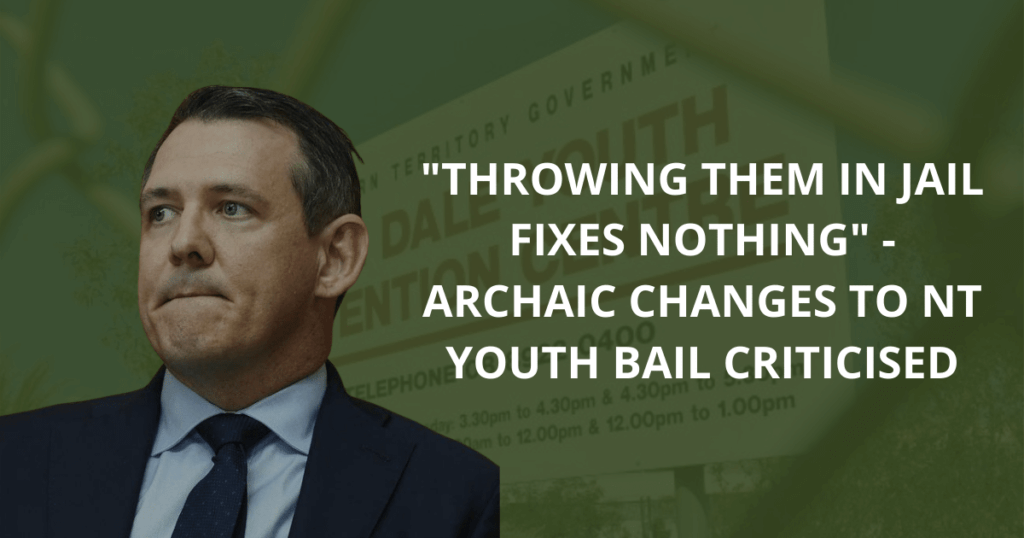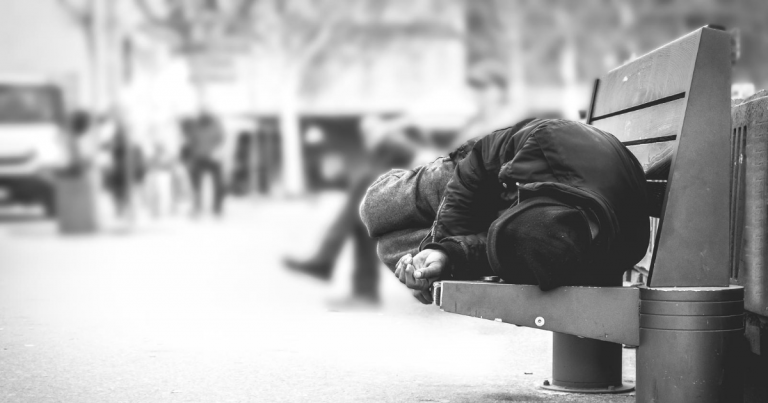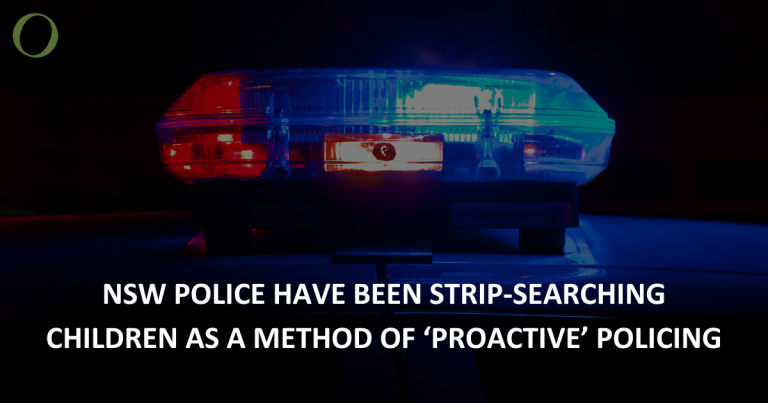Northern Territory Chief Minister Michael Gunner has blatantly ignored the Royal Commission by announcing changes to the Territory’s handling of youth crime.
The NT will make changes to the Bail Act and the Youth Justice Act to create “tougher than ever consequences”, according to Gunner.
Principal Solicitor Peter O’Brien worked in the Northern Territory as a criminal defence solicitor for a number of years.
“Crime is a function of disadvantage and societal dysfunction, laws don’t change that,” Mr O’Brien stated.
Harsher penalties
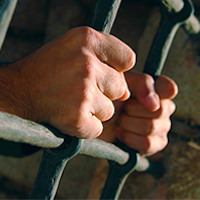 The Labor Government is planning on making the revocation of bail automatic in the case of a “serious” breach. This includes:
The Labor Government is planning on making the revocation of bail automatic in the case of a “serious” breach. This includes:
- any reoffending while on bail,
- the breach of ankle bracelets and curfews
- and a failure to attend court of complete youth diversion.
The Liberal Opposition party thinks that these new laws don’t go far enough.
The Government also wants to water down one of the changes that it made following the Royal Commission into Youth Detention in the Northern Territory. This Royal Commission was established following the harrowing revelations of abuse within Don Dale Youth Detention Centre.
Labor plans to increase the range of offences for which there is no presumption in favour of bail when a young person faces court after their arrest. Offences include unlawful entry, unlawful use of motor vehicle and assault police.
Assault police is a troubling offence that can often make up the ‘trifecta’ arrest which disproportionately affects Indigenous Australians, according to Commissioner Wooton in the Royal Commission into Aboriginal Deaths in Custody.
The Government is pushing for more power to electronically monitor young people who do receive bail.
The Government also plans to put $5 million to build a new youth remand infrastructure in Darwin and Alice Springs.
Blatantly ignoring evidence and community
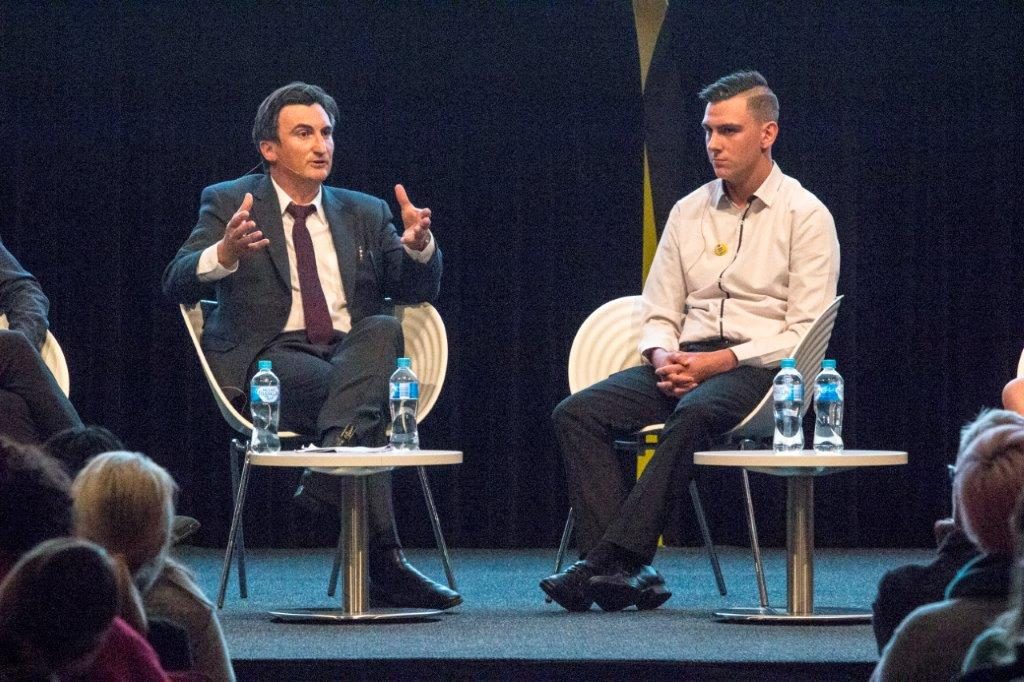
The new laws will essentially increase the number of kids in prisons and will decrease the likelihood of any rehabilitation.
Children as young as 10 will suffer from these laws as the Government continuously fails to raise the age of criminal responsibility.
Amnesty International Australia Indigenous Rights Advocate Rodney Dillon has emphasised that throwing more kids in jail is not the answer.
“Let’s be clear: no one wants youth crime. But cracking down on Indigenous kids – because all the kids in the NT justice system are Indigenous – who have complex needs, by throwing them in jail fixes nothing,” Dillon said.
“What it does is condemn young kids to the quicksand of the youth justice system, and it entrenches recidivism, which is what all the politicians say they want to address.”
Peter O’Brien represented Dylan Voller at the Royal Commission into Youth Detention in the Northern Territory and is in dismay at the current plans by the Government.
“Since the Royal Commission, which explored the horrendous circumstances of children in detention, the situation for children in the Northern Territory criminal justice system has only deteriorated,” Mr O’Brien stated.
The concept of bail
When someone is charged with an offence, they either get bail or are put on remand. You are assumed to be innocent until proven guilty either by way of a plea or a finding of guilt at the hearing.
The courts and police must balance the freedom of liberty and the right to presumption of innocence with the safety of the person and the community.
Bail can be made with major restrictions which can ease the courts’ concerns of reoffending or failing to appear at the trial. These can include:
- curfews,
- reporting to police stations,
- abstaining from alcohol and drugs,
- not making contact with certain persons,
- living with parents or approved housing and so on.
In New South Wales, First Nations people are 20 per cent more likely to be refused bail.
The NT Chief Minister however expressed a concerning view on bail.
“Bail is a privilege, not a right,” Mr Gunner said.
Bail is in fact neither a privilege nor a right but a process of procedural fairness and something we’ve heard a lot about lately – the rule of law.
“Contrary to the suggestion that bail is a privilege, not a right, a person has the right to be presumed innocent and therefore not being locked up before you’re convicted of any offence is not a privilege,” Mr O’Brien stated.


